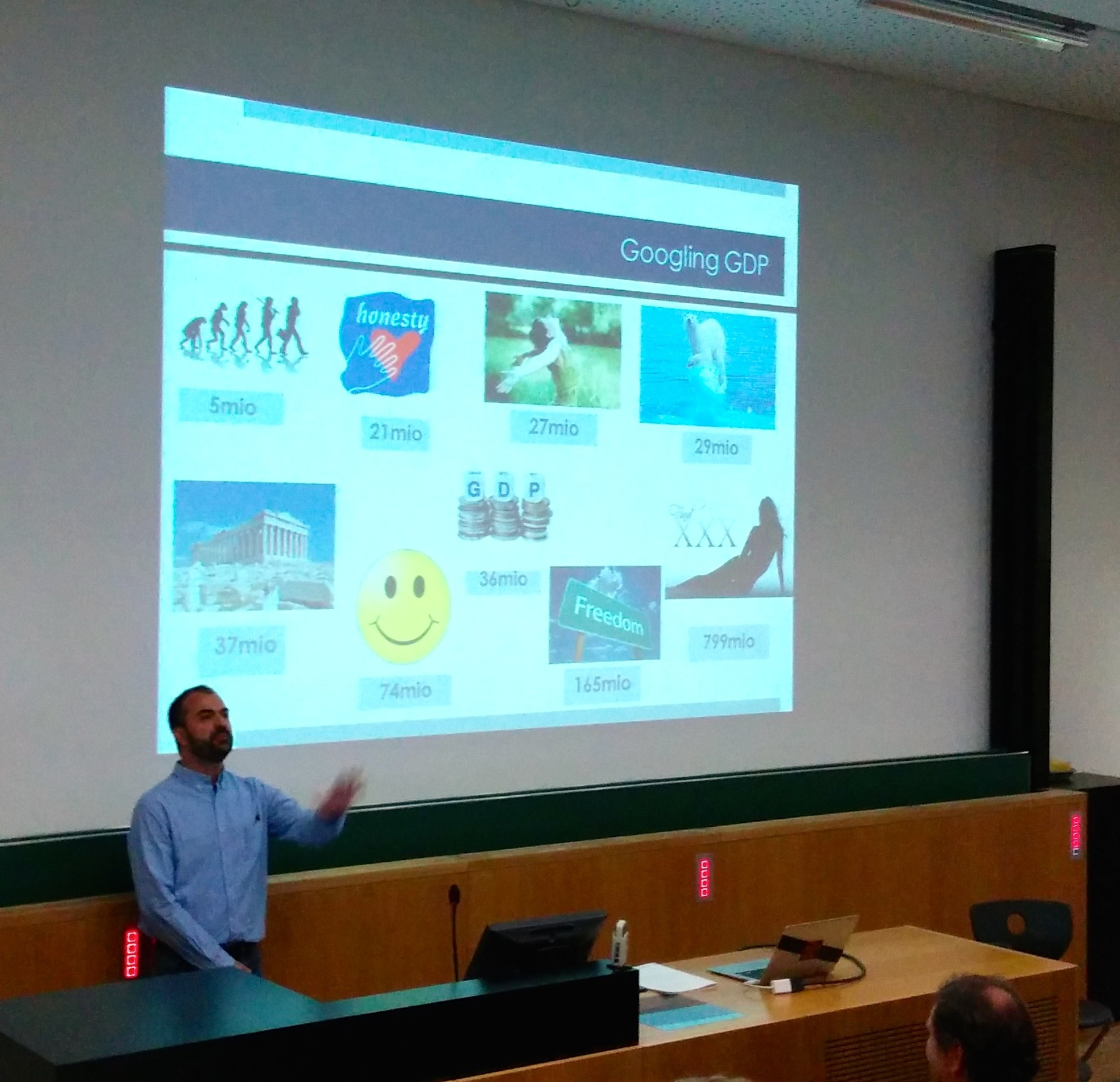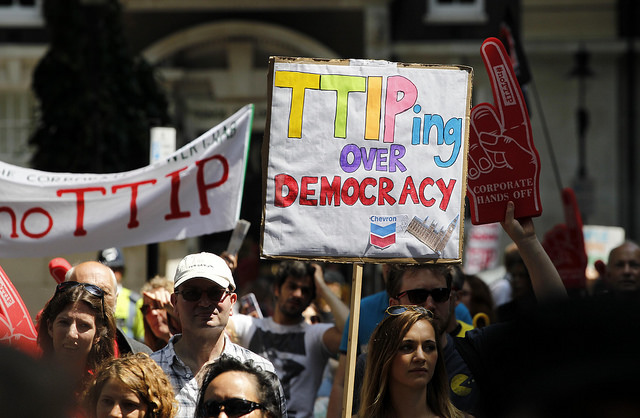In the past year, we have launched a survey worldwide for mapping degrowth realities in the world. 114 organisations answered to the call, with nearly 3,000 active people engaged, mostly located in Europe but also in North and South America, Philippines, Tunisia, Turkey, etc. On August 20th 2018, some members from each of them met for the first time in Freetown Christiania (Copenhagen, Denmark). We exchanged good practices around ecological sustainability and social equity, discussed about the future of the planet, and initiated several international working groups (activists and practitioners; researchers; politics; artists; collective actions; communication; education; etc.) that later met throughout the 6th international degrowth conference, which took place in Malmo, Sweden (August 21-25). Since then, such groups have been working in order to provide opportunities for many people in the world to engage in the degrowth movement locally as well as to diffuse degrowth (theoretically and practically) in their own habitats. As an example, on the 1st June 2019 will be launched the “Global Degrowth Day - Good Life for All”, with multiple actions all over the world (further information will be available soon). Everyone is welcome to join and animate such groups (you can find attached the call for activism and research groups)! You can find the map of the first degrowth realities in the world here. In the future the map will be automated. Until then, if your organisation wants to be mapped, please fill the survey. At the same time, you can find an index to get in contact with the groups, as well as a set of tools for communication and collaboration on https://degrowth.net/. For further information about how to get involved, please visit https://degrowth.net/act or write to activism@groups.degrowth.net The Support Group of the international degrowth conferences (pro tempore facilitator of this process)

After almost a year of tireless work we are proud to present our degrowth library. Here you can find various materials related to the transition to an economy independent from economic growth. The library already contains almost 700 entries, from introductory videos to newspaper articles and scientific publications in different languages. Diverse search options and an extensive list of themes m...

By Chris Ward Growth is always a goal in many countries, statistics appear everywhere and it’s always discussed. Even small reductions in GDP are met with bitter disappointment; it’s become one of the most important measures in the modern era. And yet there are surprisingly few discussions or resources on when and why this did happen. The special session on degrowth and history sheds some ligh...

By Manuel Pérez-Rocha The Transatlantic Trade and Investment Partnership (TTIP) is a comprehensive free trade and investment treaty currently being negotiated – in secret – between the European Union and the USA with massive implications for people and the environment on both sides of the Atlantic. The stakes couldn´t be higher but not only for European [...]